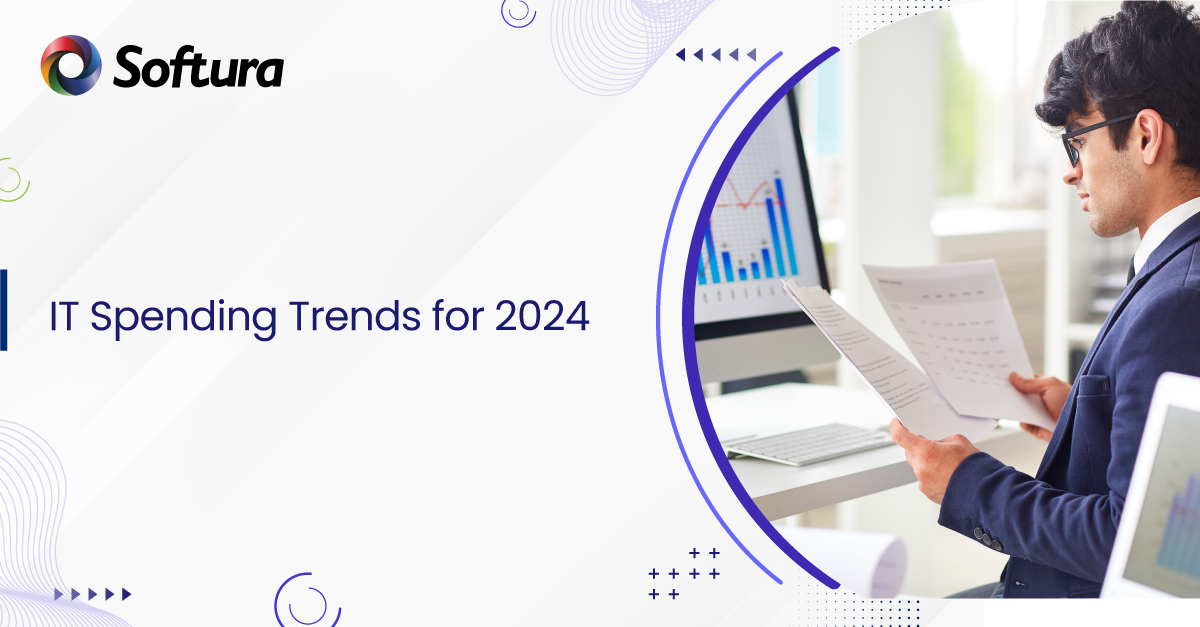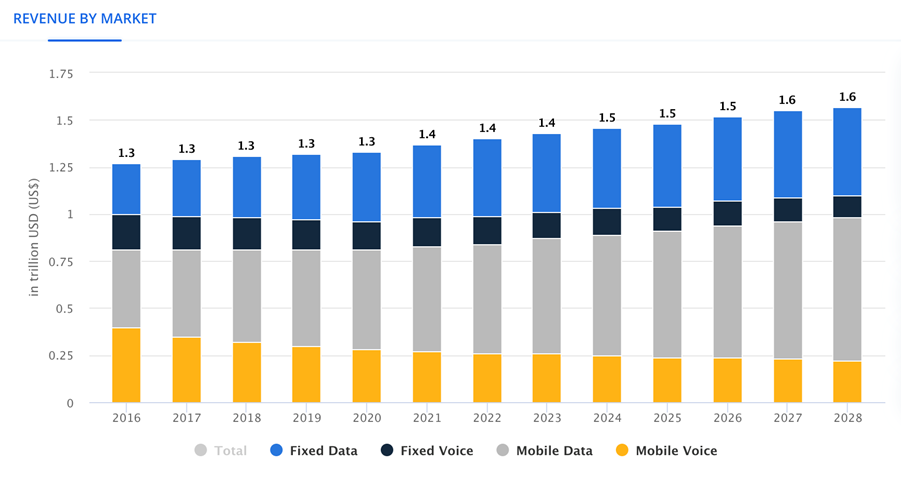“2024 will be the year when organizations actually invest in planning for how to use GenAI. While GenAI will change everything, it won’t impact IT spending significantly, similar to IoT, blockchain and other big trends we have experienced,”
- About Us
- Services
- Application Development
- Application Modernization
- AI/ML Development
- BI and Analytics
- SharePoint Consulting Services
- Mobile App Development
- UI/UX Services
- Office 365 and Microsoft 365 Services
- Cloud Enablement
- Digital Transformation Consulting
- Industry 4.0/5.0
- Virtual and Augmented Reality (VR/AR)
- IOT Development Services
- Software Development As-A-Service
- Adaptive Automation
- Solutions
- Careers
- Contact Us
close

